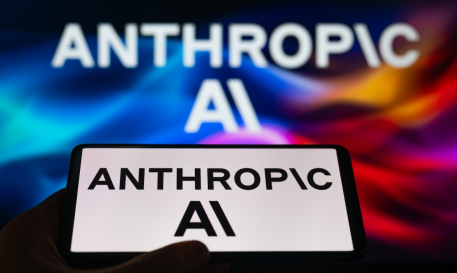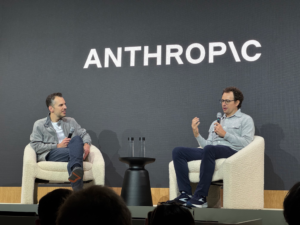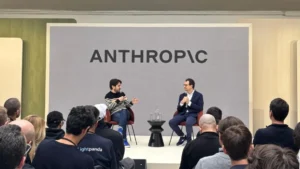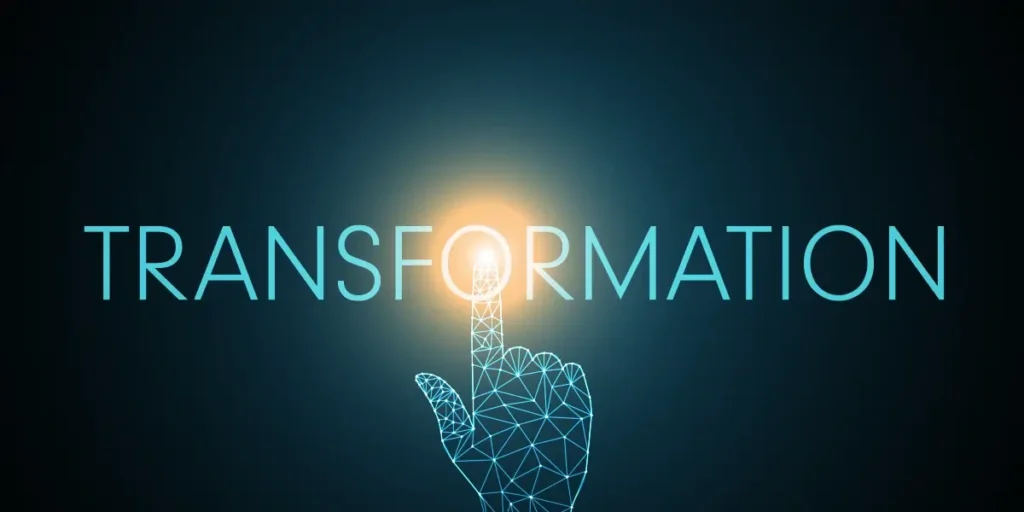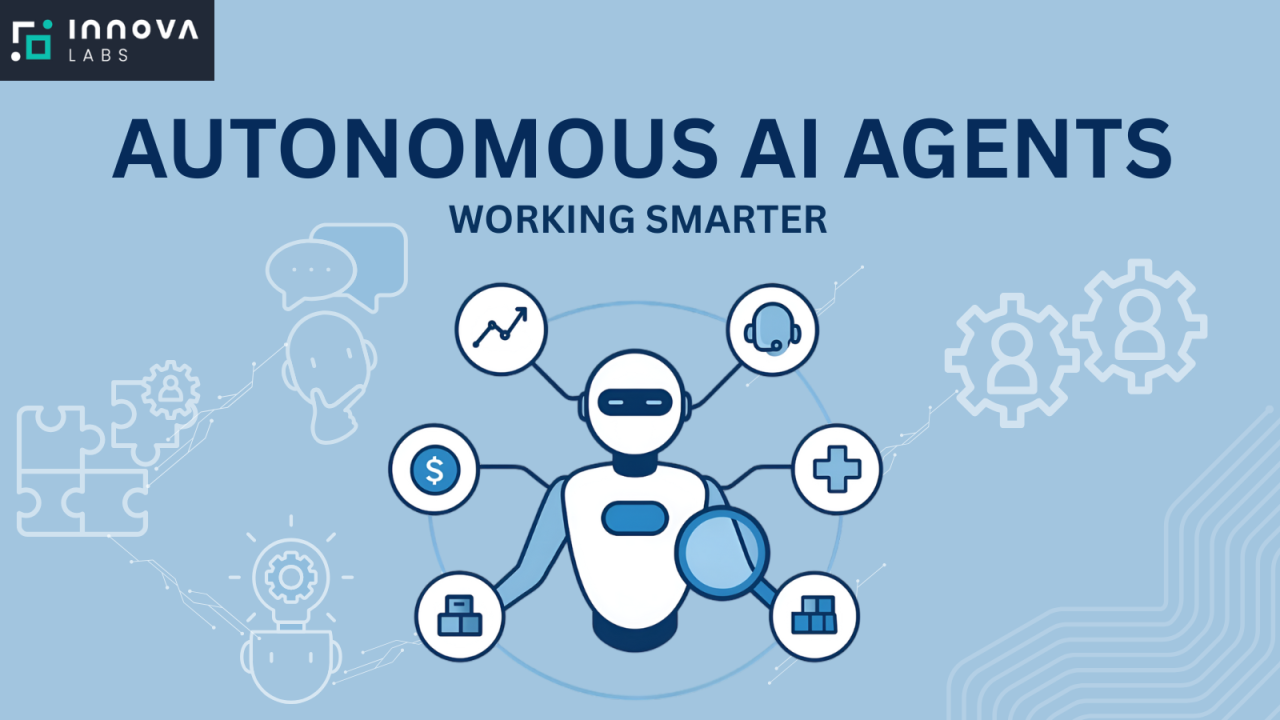Anthropic Agrees to a $1.5 billion Settlement Over AI Training Data — What Happened and Why It Matters
Anthropic, the AI startup behind the Claude family of large language models, has agreed to pay $1.5 billion to settle a high-profile class-action lawsuit brought by a group of book authors who said the company used pirated copies of their works to train its models. The proposed deal — one of the largest copyright settlements in U.S. history — would compensate authors roughly $3,000 per covered work and requires Anthropic to delete the infringing datasets. The agreement must still be approved by a federal court, but its contours already mark a watershed moment in the legal and commercial rules that will govern how AI systems are trained. ReutersAP News
The short version: how we got here
The litigation began when authors including Andrea Bartz, Charles Graeber and Kirk Wallace Johnson sued Anthropic in 2024, alleging that the company had downloaded large troves of pirated ebooks from shadow libraries such as Books3, Library Genesis (LibGen) and the so-called Pirate Library Mirror, then incorporated those copies into internal datasets used to develop Claude. Over time the case produced a series of consequential rulings from U.S. District Judge William Alsup, who found in June that while training on lawfully-acquired copyrighted works can be fair use in some circumstances, Anthropic’s practice of retaining and using known pirated copies in a central “library” was unlawful. The settlement was filed with the court in early September 2025. KBZK NewsPublishersWeekly.com
What the settlement says (the headline terms)
Although the full settlement paperwork contains technical and administrative details, the terms publicized so far include:
-
A $1.5 billion fund to compensate authors and rights holders covered by the class. Reuters
-
Estimated payouts roughly $3,000 per work for the books identified as having been copied into Anthropic’s infringing datasets. (The total payout may adjust as the class list is finalized.) Axios
-
A requirement that Anthropic delete the pirated datasets it downloaded from the shadow libraries. Several press accounts say the company will destroy those copies and cease use of that particular cache. Tom’s HardwareNational Technology
-
The settlement averts a jury trial where statutory damages could have been orders of magnitude larger — theoretically up to $150,000 per willful infringement, which for hundreds of thousands of works would have been existential for a startup. The settlement still requires court approval and will be subject to the usual fairness and notice procedures. Tom’s HardwareReuters
How big was the dataset at issue?
Court filings and Judge Alsup’s earlier rulings described Anthropic as having downloaded millions of digitized books in total. Initial datasets included almost 200,000 titles from Books3; Anthropic later obtained millions more from LibGen and Pirate Library Mirror, with some reporting that the company had taken more than 7 million digitized items into its central library (though the number of distinct, class-covered works for the settlement appears to be in the hundreds of thousands, commonly reported as around 465,000–500,000 works). Those distinctions matter legally and financially — the settlement applies to the class of works identified in the litigation, not every file in Anthropic’s internal archives. KCRAFinancial Times
Why this is significant (legally and practically)
-
Precedent for liability around training data provenance. The case crystallized an emerging legal question: is it merely the use of copyrighted material that matters, or also how that material was obtained and stored? Judge Alsup’s rulings suggested a split answer — model training from lawfully obtained texts can be treated as fair use in some contexts, but retaining obviously pirated copies as a searchable, persistent library is a different problem. The settlement, by imposing monetary consequences and requiring deletion, makes clear that provenance is now a live legal risk. Authors AlliancePublishersWeekly.com
-
Financial and operational consequences for AI development. Hundreds of thousands of dollars per work — even if the per-work payout is modest by some measures — add up quickly when datasets contain hundreds of thousands of allegedly infringing titles. The deal signals to AI companies that sloppy or opaque data sourcing can carry enormous contingent costs, pushing firms to invest in vetted, licensed, or provenance-verified training corpora and to document data pipelines carefully. Axios
-
A ripple effect across other lawsuits. Anthropic isn’t the only AI company facing copyright claims related to training data; OpenAI, Google, Meta, and others are confronting similar suits in courts around the world. A large, public settlement in the Anthropic case changes bargaining dynamics — plaintiffs and class representatives can point to a concrete recovery in negotiations, while defendants will recalibrate litigation strategy (settle early vs. litigate principles). WIREDReuters
Anthropic’s position and the company’s potential motivations
Anthropic has pushed back in public statements over the last year that it believed its broad model-training activities fell within fair use principles, and company filings emphasized that the specific pirated copies at issue were not used in the final commercial models in a straightforward way. Still, facing the prospect of astronomical statutory damages and the uncertainty of a jury trial, Anthropic appears to have judged settlement as the better risk-management path. Settling removes the immediate cloud of trial risk and the potential damage of an adverse jury award that could have had systemic effects for the company and its investors. ReutersThe Washington Post
What this means for authors and creators
For authors, the settlement is a vindication: it recognizes that unauthorized scraping of pirated texts used to train commercial AI systems can be actionable. For many writers and publishers, the key wins are both monetary and symbolic — compensation for past harm and a judicially-sanctioned message that data provenance matters. That said, the per-work payments are modest compared with potential theoretical damages, and some authors will likely weigh whether litigation and settlements translate into longer-term protections: clearer licensing frameworks, stronger enforcement against piracy, and better tools to track how their works are used by models. Lieff CabraserNonStop Local KHQ
Industry impact: how will AI companies change their playbook?
Expect several likely shifts across the industry:
-
More licensed training data: Companies that once relied heavily on web-scale, mixed-quality corpora will increasingly seek licensed datasets or negotiate blanket rights with publishers, authors and other rights holders.
-
Data provenance and auditing: Firms will invest in metadata systems, chain-of-custody logs, and technical provenance markers to demonstrate where training data came from. Third-party auditors and provenance startups could see demand surge.
-
Model retraining and “clean-up” projects: If companies are required (by court order, settlement, or market pressure) to purge tainted datasets, they will need to retrain or fine-tune models on clean data — a costly and GPU-intensive task that could slow product roadmaps and raise compute budgets. Tom’s Hardware
Policy and regulatory fallout
The settlement adds urgency to legislative and regulatory conversations. Policymakers have been considering how copyright law applies to generative AI for years; a high-visibility settlement gives regulators and legislators concrete evidence to shape policy debates. Lawmakers sympathetic to creators might use the case to justify tighter data sourcing rules or mandatory licensing regimes; others worried about chilling innovation could urge more granular rules that distinguish between transformative training uses and persistent storage of pirated files. Either way, the settlement will be cited in regulatory hearings and bills.
Broader questions the settlement doesn’t fully settle
-
What counts as “use” in training? Even with Anthropic’s partial victories on fair use for lawfully acquired texts, courts have yet to produce a single, comprehensive rule defining when and how training an LLM is transformative. The settlement resolves money for one class of claim but leaves open doctrinal questions for future litigation. Authors Alliance
-
How to handle mixed-source datasets? Many training sets are a stew of licensed content, public domain work, personal data, and scraped web pages of varying provenance. How to remediate models built from such mixed sources — and whether models themselves must be “disgorged” or retrained from scratch — remains contested. The Anthropic settlement requires deletion of specific pirated copies but stopped short of forcing wholesale retraining of commercially released models. Tom’s Hardware
-
Costs of compliance and the competitive landscape. Smaller companies and open-source projects could be disproportionately affected if compliance costs (licenses, audits, retraining) become a de-facto barrier to entry. That raises competition policy questions: will only well-capitalized players survive the new compliance regime? Regulators and civil society will be watching. The Register
Practical steps for authors, publishers and AI firms
-
For authors and publishers: document infringements, register works where possible, engage with trade organizations (e.g., Authors Guild), and consider collective licensing strategies that convert ad-hoc enforcement into durable business models with AI providers. The Authors Guild
-
For AI companies: implement robust data-collection audits, adopt contractual licensing where feasible, tag and log data provenance, and establish “take-down and purge” processes that can be audited by courts or regulators. Consider escrowed or third-party verification of dataset integrity to reduce litigation risk. Axios
-
For policymakers: create clearer statutory guidance that differentiates transformative model training from storage and redistribution, and consider market-based solutions (compulsory licensing, collective bargaining) that fairly compensate creators without kneecapping innovation.
The big takeaway
The Anthropic settlement is both a financial event and a legal signal. It tells the AI industry that how training data is gathered and stored matters as much as whether the model’s ultimate outputs could be described as transformative. For creators, it demonstrates that the courts and settlements can produce accountability and compensation. For developers and investors, it underscores an urgent operational imperative: invest in clean, licensed, auditable training data. For policymakers, it creates a fresh spur to clarify rules that have lagged behind technology.
The case also makes clear that we are still in the formation stage of norms around AI training data. Expect more lawsuits, more settlements, and — importantly — more commercial arrangements that try to convert the chaotic scraping era into an organized market with clearer pricing and provenance. Whether that market will protect creators while allowing innovators to build useful and affordable AI tools is the policy fight of our moment.
Sources: reporting and court filings summarized from Reuters, Associated Press, Financial Times, The Guardian, AP News, Publishers Weekly and related filings and coverage. ReutersAP NewsFinancial TimesThe GuardianPublishersWeekly.com
https://bitsofall.com/https-yourdomain-com-openai-ai-first-jobs-platform-hiring-workers-linkedin/

